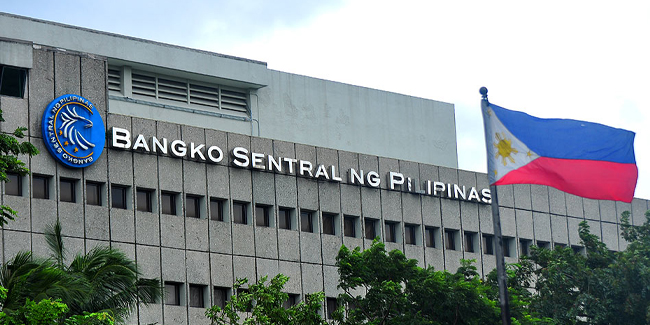The Philippine government will start the closer scrutiny of financial conglomerates, according to BSP.
BSP — The Bangko Sentral ng Pilipinas said that the Philippine government will start the closer scrutiny of financial conglomerates.

BSP Governor Benjamin Diokno said that financial regulators will start their cross-sectoral risk assessment of the country’s financial conglomerates by the 2nd quarter of 2022.
The BSP-led FSF (Financial Sector Forum) has recently established a Supervisory College through a Memorandum of Understanding (MOU) for the tighter scrutiny of the country’s systemic-sensitive financial conglomerates and it will have a pilot run between the months of April to June.
After the MOU signing, the BSP chief said in an online press chat last February 10 that the FSF targeted to issue the implementing rules and regulations (IRR) on the 1st quarter of 2022.

Diokno also said that the 1st Supervisory College is expected to be piloted during the 2nd quarter of 2022.
“In addition, a training program shall be developed and operationalized for the College members,” Diokno said.
READ ALSO: BSP Explores Use Cases Of Future Central Bank Digital Currency
The difference between the Financial Sector Forum’s Supervisory College and the existing inter-agency Financial Stability Coordination Council (FSCC) is that the former will have a “microprudential approach”, while the latter already conducts “macroprudential surveillance” to monitor for systemic risks.
Meanwhile, the central bank has released on Wednesday the sustainable finance roadmap and guiding principles, which were developed by the inter-agency technical working group (TWG)on sustainable finance or the “Green Force”.
The BSP chief said last month that they’re considering several regulatory perks to banks that will shift to sustainable financing.
Those perks should increase the share of green financing in banks’ loan portfolios.
Thank you for visiting Newspapers.ph. You may express your reactions or thoughts in the comments section. Also, you may follow us on Facebook.
